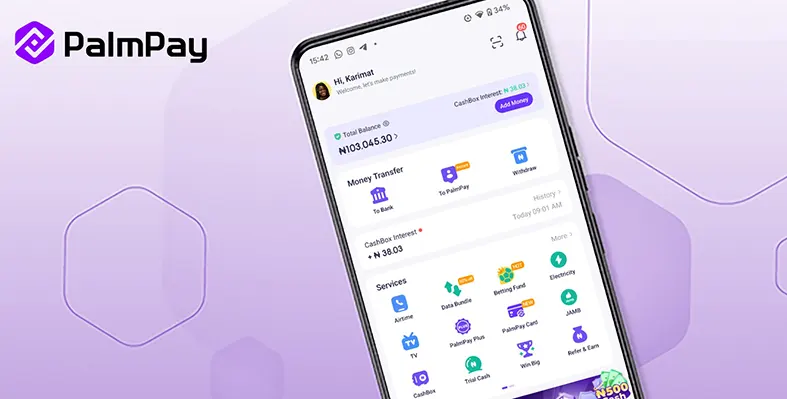AXIAN Telecom, a prominent pan-African operator in telecommunications, mobile financial services, and digital infrastructure, has successfully completed the pricing of its US$600mn Senior Notes due in 2030
The bond deal, finalised on 25 June 2025, drew significant interest from international investors. Initially marketed at around 7.875%, the notes were priced at a 7.250% coupon with a yield of 7.375%. This strong outcome, achieved despite global financial uncertainties, reflects high investor confidence. The offering was nearly three times oversubscribed at its peak, with participation from a broad mix of high-quality institutional investors.
Funds raised through this issuance will be used to refinance AXIAN Telecom’s notes and term loan, in addition to supporting general corporate initiatives. These include expanding the company’s digital infrastructure footprint, reaffirming its commitment to sustainable growth and bridging the digital divide across its operational markets. A key element of the issuance was AXIAN Telecom’s Sustainable Development Impact Disclosure, which outlines planned investments in infrastructure, wider smartphone access, enhanced mobile financial services, and improved digital connectivity throughout Africa.
The successful issuance illustrates investor optimism toward African markets and reinforces AXIAN Telecom’s position as a leader in innovation and connectivity on the continent.
J.P. Morgan, Standard Bank, and Standard Chartered Bank served as joint lead managers for the transaction. Legal support was provided by Latham & Watkins for AXIAN Telecom and White & Case for the initial purchasers.
“This bond issuance is a testament to the strength of our diversified business model and the trust investors place in our long-term vision. It enables us to accelerate our mission of delivering inclusive digital transformation and connectivity across Africa,” commented Hassan Jaber, CEO, AXIAN Telecom.

























